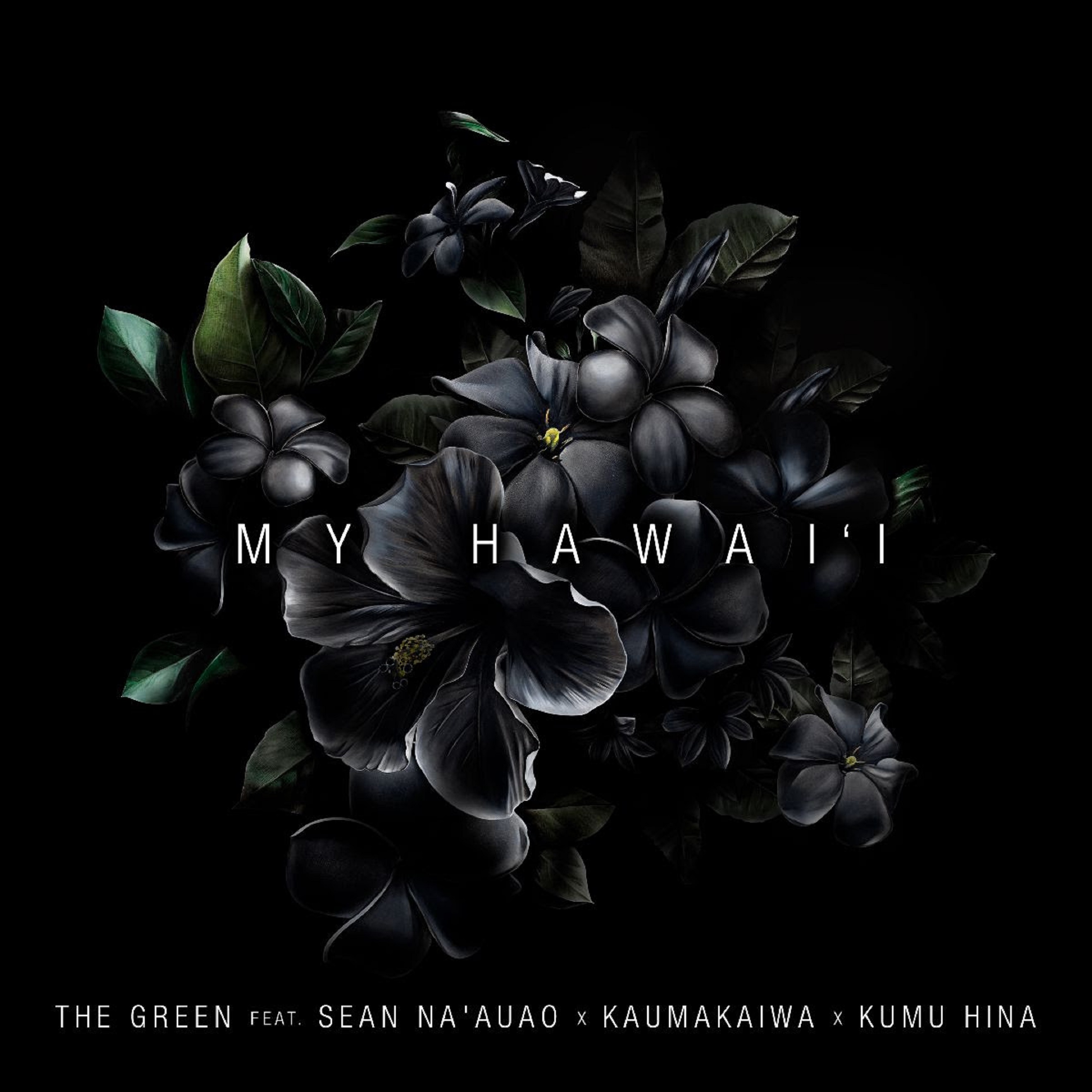
We are a 17-member band in Central Oregon that provides rousing live big band music for dancing and entertainment. Come join us as we say Aloha to summer in the true Hawaiian style.Parking in the park is limited and is reserved for ADA parking (outlined in blue).The big band era comes alive whenever The Notables Swing Band plays the great swing music of the 1930's - 50's. Lead by Hawaiian Natives Novelen and Joey Tavita, they bring a true taste of the Islands with many generations of their family and friends. Whether performing solo/duo/trio acoustic, or as a full electric band, you can be guaranteed a high-energy-soul-involved performance from this seasoned Musician.Redmond’s very own traditional Hawaiian Dancers are back and are always a crowd favorite! This high energy troop will showcase traditional Hawaiian Island dance and drumming. 12 on Billboard's Hot Digital Tracks chart and has sold millions of digital copies.Derek performs a mixture of tasty Blues/Rock/Soul cover songs and Originals. IZ's version of "Over the Rainbow" has been used in many films, television shows and ad campaigns. "Facing Future" became the top selling Hawaiian music album in the world it was certified gold in 2002 and platinum (selling more than 1 million units) in 2005. His first release, "Facing Future," included his memorable cover of "Somewhere Over the Rainbow/What a Wonderful World," which was recorded around 3 a.m. In 1993, IZ left the Makaha Sons to begin a successful solo career. The Makaha Sons went on to record 21 albums and win countless Hawai'i Academy of Recording Arts Awards (also known as Na Hoku Hanohano Awards). But it was there, in the early 1970s, that IZ and his brother Skippy met John Kapualani Koko, forming a friendship that was the basis for the musical group the Makaha Sons of Ni'ihau. His family left the city, much to his chagrin, and moved to the Wai'anae coast. He was often called up onstage to perform by his uncle, the well-known musician Moe Keale, or some of the other big names in Hawaiian music like Eddie Mamae or Gabby Pahinui. Israel was a 10-year-old boy watching from the side of the stage, sometimes with ukulele in hand. In the late 1960s, his father was a bouncer and his mom the manager at a nightclub called Steamboats in Waikiki where the Sons of Hawaii performed, often singing traditional songs in Hawaiian.


Israel's exposure to music came at an early age.


 0 kommentar(er)
0 kommentar(er)
